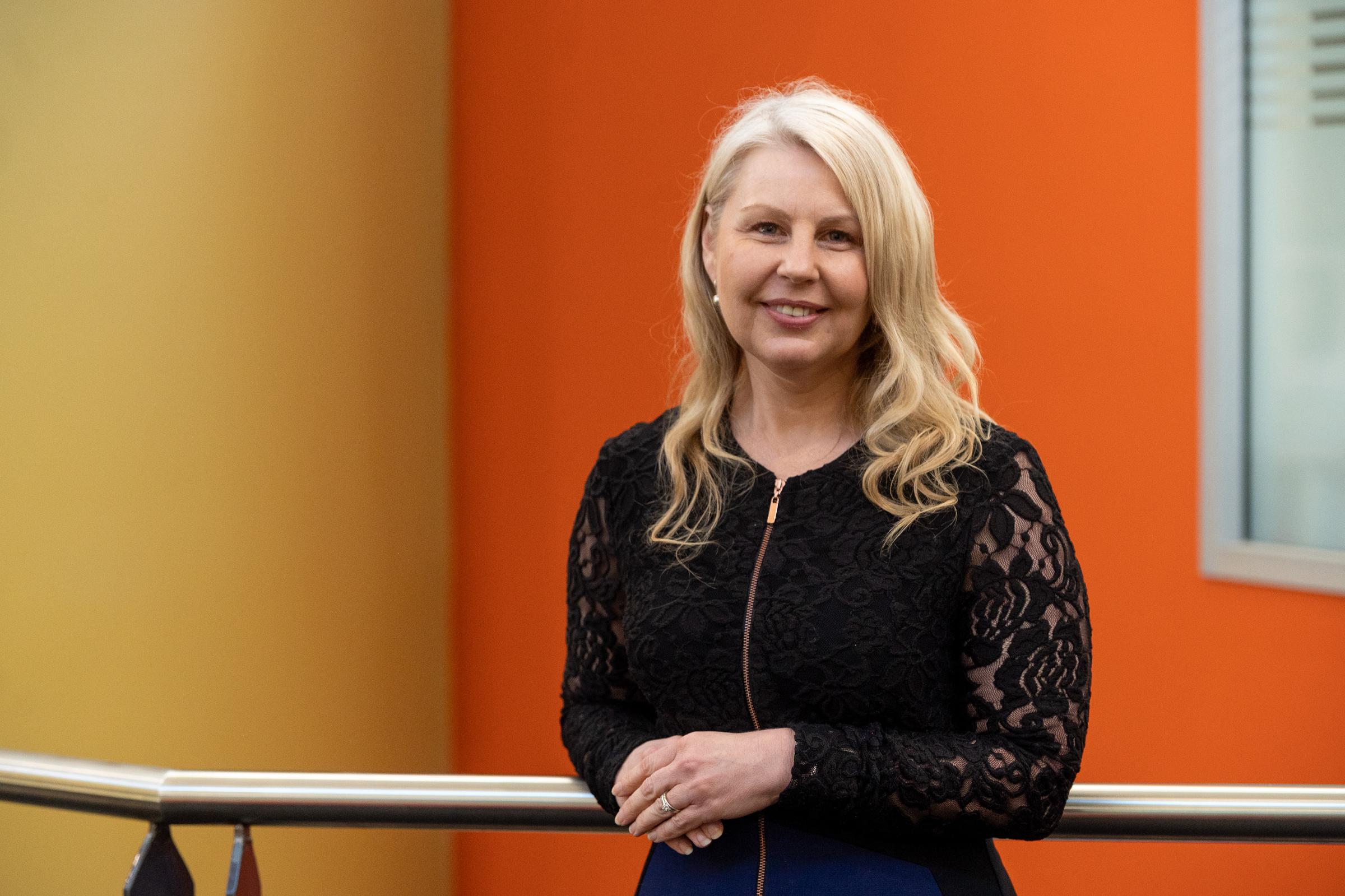From the Acting Head

Culture is connections
Last Friday afternoon, it was a joy for all involved to see another Girton tradition laid dormant for the past two years burst into life with a feeling of renewed energy.
It was the welcome return of the annual House Singing event.
The sense of anticipation was palpable from the moment the students entered the gym, and the other overwhelming feeling was one of connectedness. Students and staff alike were happy to be together again, participating, contributing, supporting and sharing in a positive, fun activity.
This connectedness is vital in young people's development, and connections create a school’s culture in which they can flourish.
As we collectively recover from the disruption of the past two years, our rituals and traditions have never been so important.
In her article, “What Makes a Good School Culture?” Leah Shafer of the Harvard Graduate School of Education writes, “It starts with connections — strong and overlapping interactions among all members of the school community. A culture will be strong or weak depending on the interactions between people in the organisation. In a strong culture, there are many, overlapping, and cohesive interactions, so that knowledge about the organisation’s distinctive character — and what it takes to thrive in it — is widely spread.”
Girton’s rituals and traditions significantly enhance students’ social and emotional learning (SEL), helping them develop qualities such as empathy, reliability, respect, compassion and a sense of humour.
Events such as the House Singing also promote comraderie whereby students identify with their house and their peers and feel a sense of belonging. What we refer to as “vertical relationships” are fostered with students from all year levels working together with a common purpose. Loyalty becomes even more entrenched with a sense of allegiance to one another, their House, and their School. In turn, Girton’s tone or atmosphere is enhanced by sharing a collective positive experience.
One person doesn’t dictate culture; a community creates it. You only had to see the manner in which all the Houses applauded each other’s efforts last Friday to understand how delighted our students were to be back in their community, playing their part in adding to our culture.
Culture isn’t purely the realm of students and staff; the School’s character was certainly in evidence at the Girton’s Got Heart parent function that also took place last Friday. It was wonderful to see so many of our parents enjoying each other's company and supporting a very worthy cause in Sisterworks. Through a parent, Kate Mahony, Girton has established a wonderful relationship with Sisterworks, a not-for-profit entity whose mission is “to support women who are refugees, asylum seekers or migrants, improve their confidence, mental wellbeing, sense of belonging and economic outlook.” Again, creating a network of kinship aids an organisation such as Sisterworks in delivering such affirming outcomes for the people it supports.
This and next week’s House Dinners are another tradition that fosters connectedness. Each House has their own unique characteristics which are in strong evidence at the dinners. Aspects they all share though, are a sense of fun, pride in their House and the opportunity for older students to model behaviour, participation and leadership to our younger students.
All of these occasions create “Time Stamps” for those involved. A stand-out occurrence long remembered after the event, sometimes for a lifetime. During the week, I was told about an extended family Father’s Day gathering attended by a current Year 7 student. He proudly spoke about his House Singing experience, prompting a host of fond and humorous recollections from his older cousins (some in their mid-twenties), all of whom attended Girton. The conversation evolved into discussing the School Swimming Sports and Athletics Carnivals, bombing contests and staff vs student relays. The parent I was speaking with was delighted that their child had a set of shared experiences in common with his older relatives. A shared culture, prompting a strengthened connectedness.
Dr Emma O’Rielly
ACTING HEAD
Please enjoy a photo gallery and footage of the House Singing later in this edition of the eLink.
